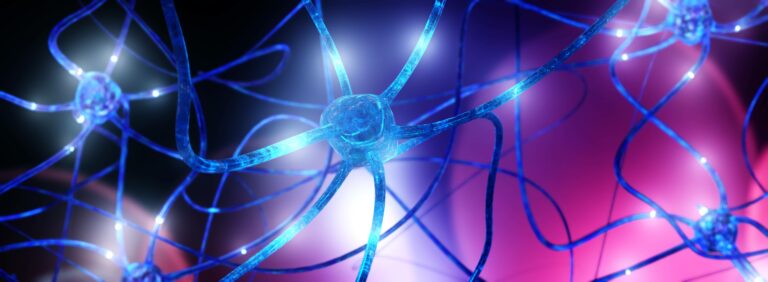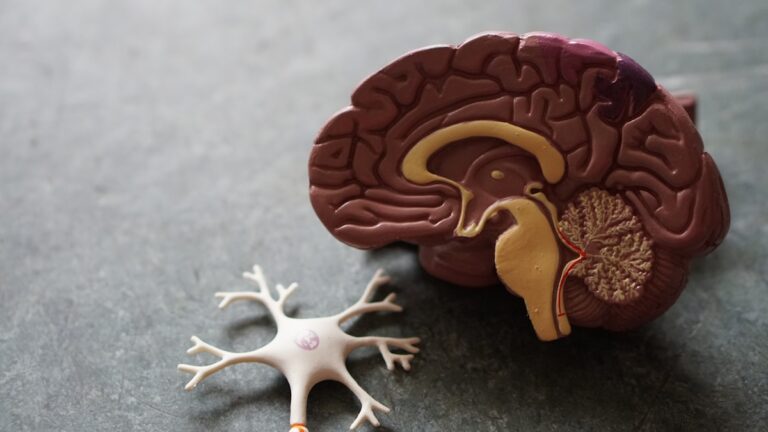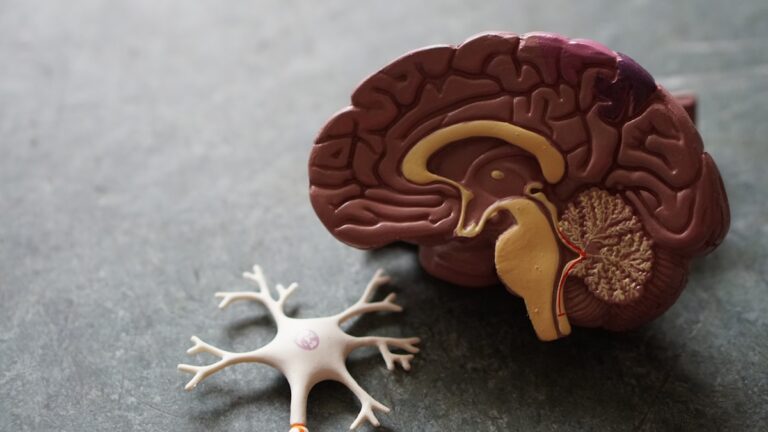Alzheimer’s is a progressive neurological disorder that slowly destroys a person’s memory, thinking skills, and ability to carry out daily tasks. According to the Alzheimer’s Association, it affects over 5 million people in the United States alone, and it is the sixth leading cause of death in the country. It is a devastating disease that not only affects the individual but also their loved ones.
The key to managing Alzheimer’s effectively is early detection and intervention. While there is currently no cure for the disease, early diagnosis can help individuals and their families plan for the future, receive proper treatment, and participate in clinical trials that may slow the progression of the disease. As a loved one, it is important to be aware of the early signs and symptoms of Alzheimer’s in order to seek medical attention and support as soon as possible.
Memory Loss
One of the most common and earliest signs of Alzheimer’s is memory loss. It begins with minor lapses in memory such as forgetting names or events, and progresses to more significant memory loss such as forgetting important dates, repeating conversations, or misplacing items in unusual places. This type of forgetfulness is different from normal age-related memory decline as individuals with Alzheimer’s may forget things they have just learned, and they may have difficulty recalling information from recent events.
Difficulty with Everyday Tasks
Individuals with Alzheimer’s may also struggle with completing familiar tasks that were once easy for them. This can range from basic tasks such as cooking a meal or paying bills to more complex tasks like driving to a familiar location or using a household appliance. They may also have difficulty following instructions or keeping track of the steps needed to complete a task.
Confusion and Disorientation
People with Alzheimer’s may also become easily confused about time, place, and events. They may lose track of dates, seasons, and even their current location. They may also struggle to understand directions or become disoriented in familiar places. Confusion and disorientation can lead to individuals getting lost, not recognizing familiar people or places, and feeling uneasy and anxious.
Changes in Mood and Behavior
Alzheimer’s can also cause changes in mood and behavior. Loved ones may notice a shift in the individual’s personality, such as becoming more withdrawn, irritable, or anxious. They may also experience changes in their sleeping patterns, with increased agitation and restlessness at night. As the disease progresses, individuals may also exhibit uncharacteristic behaviors such as wandering, pacing, or repetitive actions.
Difficulty with Language and Communication
Another key sign of Alzheimer’s is difficulty with language and communication. Individuals may have trouble finding the right words to express themselves or understanding what others are saying. They may also struggle to follow conversations or repeat themselves frequently. This can be frustrating for both the individual and their loved ones, leading to social withdrawal and isolation.
Difficulty with Planning and Problem-Solving
Individuals with Alzheimer’s may have difficulty with planning and problem-solving skills. They may struggle with managing finances or following a recipe. They may also have trouble keeping track of appointments or managing everyday tasks that require organization and planning. This can greatly impact their ability to live independently and safely.
Loss of Interest in Hobbies and Activities
As Alzheimer’s progresses, individuals may lose interest in activities they once enjoyed. They may stop participating in their favorite hobbies, sports, or social events. This can be due to a combination of factors such as difficulty with memory, communication, and mobility, as well as changes in mood and behavior.
When to Seek Medical Attention
If you notice these symptoms in your loved one, it is crucial to seek medical attention as soon as possible. Alzheimer’s is a progressive disease and early diagnosis allows for better management of symptoms and access to support services. A doctor will perform a series of tests to evaluate memory, thinking skills, and behavior. These may include physical exams, brain imaging, and blood tests. It is important to involve the individual in the diagnostic process and to provide support and reassurance throughout.
In conclusion, spotting Alzheimer’s symptoms in loved ones early is crucial for better management of the disease. It is important to remember that every person is unique and may experience different symptoms and progression of the disease. However, being aware of the early signs and seeking medical attention can make a significant difference in the individual’s quality of life and their ability to plan for the future. Remember to provide your loved one with love, support, and understanding throughout their journey with Alzheimer’s.





